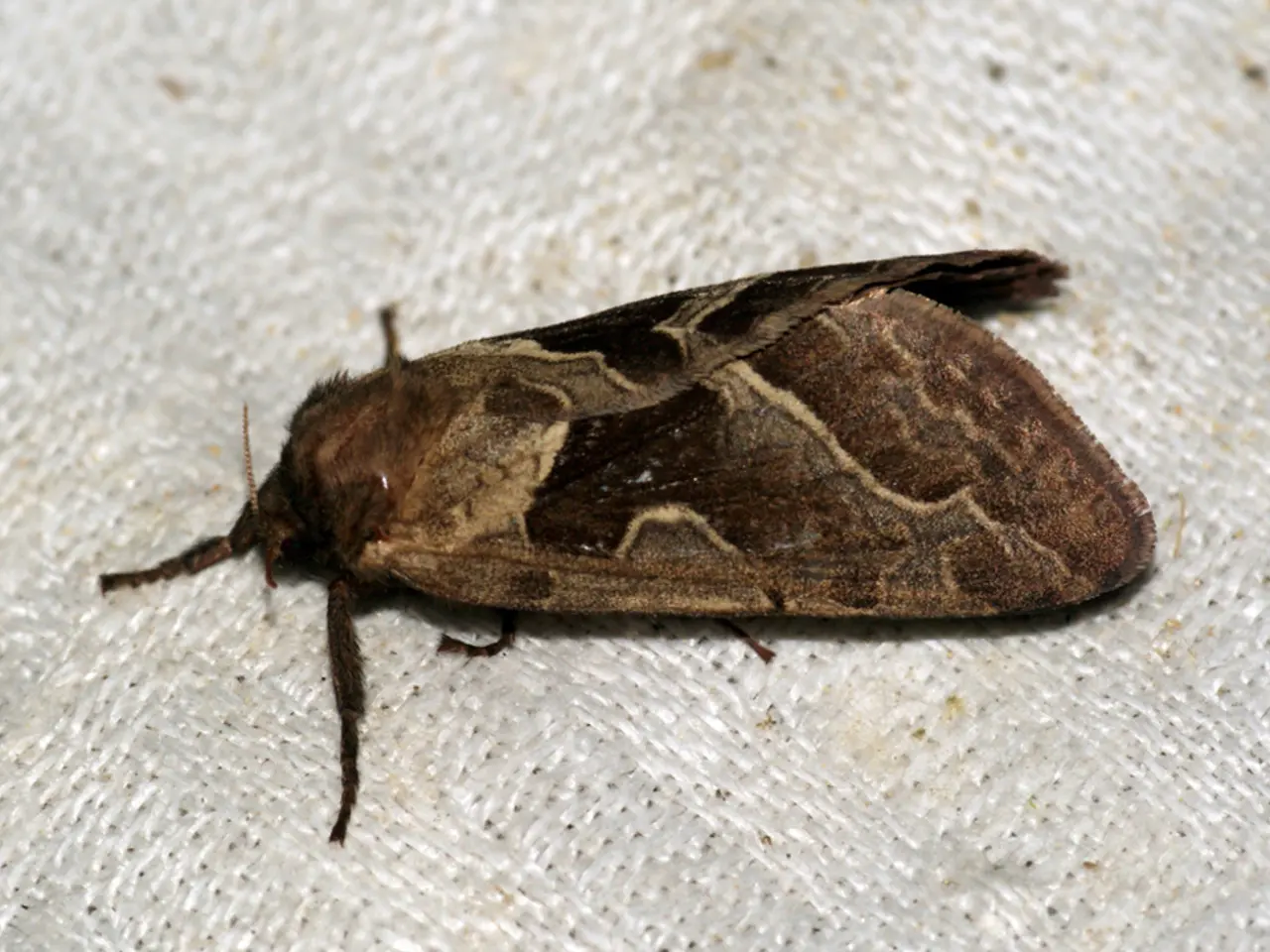Grasping the root cause of hair graying or whitening
In the realm of beauty and health, premature white or gray hair is a concern that affects many individuals. Recent research suggests that the primary causes of this phenomenon are a combination of genetic factors, autoimmune conditions, nutritional deficiencies, and lifestyle influences.
### The Root Causes of Premature White Hair
1. **Genetics** Genetic inheritance is the most common cause of premature graying or whitening. If your parents or grandparents experienced early white hair, you are more likely to as well. The genes control how long your hair follicles produce melanin, the pigment responsible for hair color (sources: [2][4]).
2. **Autoimmune Diseases** Certain autoimmune disorders target pigment-producing cells (melanocytes), leading to premature or patchy whitening. Examples include Alopecia Areata, Vitiligo, Thyroid disorders, and Pernicious anemia (sources: [1][3]).
3. **Nutritional Deficiencies** Deficiencies in critical nutrients like vitamin B12, iron, copper, zinc, vitamins D and E can cause early graying by impairing melanin production or damaging melanocytes. Notably, vitamin B12 deficiency is reversible if treated early (sources: [1][3][4]).
4. **Stress** Chronic stress elevates cortisol and oxidative stress, which can damage melanocytes and accelerate graying. While stress does not turn hair white overnight, sustained stress negatively affects pigment production (sources: [2][3]).
5. **Lifestyle Factors** - **Smoking** significantly increases the risk of early graying. - Poor dietary habits, like high consumption of fast food, instant noodles, and energy drinks, can contribute to nutritional deficiencies related to premature graying (source: [3]).
### Preventing or Slowing Premature Gray Hair
- **Balanced Diet**: Ensure adequate intake of vitamins (B12, D, E), minerals (iron, copper, zinc), and antioxidants through a nutritious diet rich in fruits, vegetables, and lean proteins (sources: [2][3]).
- **Manage Stress**: Adopt stress-reduction techniques such as meditation, yoga, regular exercise, and sufficient sleep to reduce oxidative damage to pigment cells (sources: [2][3]).
- **Medical Evaluation**: Get screened for thyroid disorders, autoimmune diseases, and nutritional deficiencies. Correcting these can help stop or slow further pigment loss, particularly vitamin B12 deficiency which may be reversible (sources: [1][3]).
- **Quit Smoking**: Avoid tobacco products to reduce oxidative stress and premature melanocyte damage (source: [3]).
- **Topical Remedies**: Some traditional treatments like Indian gooseberry (amla) and fenugreek seeds applied to hair may help maintain pigment, though evidence is mostly anecdotal (source: [2]).
- **Hair Care Practices**: Avoid excessive use of chemical treatments, harsh dyes or heat styling that can weaken hair and contribute to pigment loss (source: [2]).
In conclusion, while genetics cannot be changed, addressing underlying health issues, improving nutrition, managing stress, and adopting healthy habits can help prevent or slow down premature graying effectively (sources: [1][2][3][4]).
- The connection between atopic dermatitis, a chronic inflammatory skin condition, and premature white hair is such that the inflammation could potentially disrupt melanin production, leading to early graying (source: [3]).
- Hepatitis, particularly chronic forms, can cause imbalances in essential nutrients, making an individual more prone to nutritional deficiencies, which in turn may contribute to the onset of premature white hair (source: [3]).
- **Diabetes**, whether type 1 or type 2, has links to both stress-induced oxidative damage and nutritional deficiencies, potentially accelerating hair graying (source: [3]).
- The scientific community continues to explore connections between COPD, mental health issues like depression, and premature gray hair due to shared risk factors, such as lifestyle, nutrition, and stress (sources: [1][3][5]). In the realm of health-and-wellness and mental-health care, understanding these linkages could pave the way for a more holistic approach to preventing or addressing premature white hair and improving overall skin-care outcomes.




